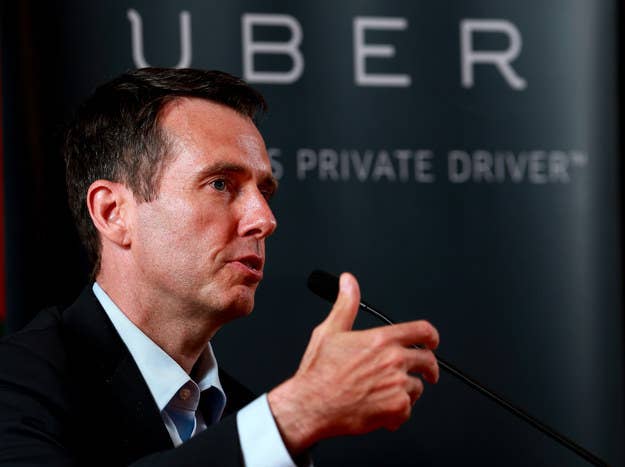
Months of flouting the law as well as negotiations with the Department of Transportation and Communication in the Philippines has finally paid off for Uber. Today, DOTC Secretary Jun Abaya announced that the department will be developing new nationwide ride-hail regulations that will allow companies like Uber to operate legally. The legislation comes only 15 months after the service launched in Metro Manila.
It's a historic move that makes the Philippines the first country in the world to pass nationwide ride-hail regulations. Even in the United States, where Uber is legal in most states, the company battles local regulators in places like Nevada; Boise, Idaho; and Kansas, where the company has ceased operations. Internationally, Uber is embroiled in legal skirmishes in places like China, Brussels, and Amsterdam, where the company's offices have been raided for operating without the proper licenses.
According to a statement , the DOTC will publish its new categories of public transportation that Uber will need to qualify for later this week. Until then, it's not certain what the specific regulations will entail but in general: Uber drivers can only use a sedan, SUV, or Asian Utility Vehicle that is, at most, seven years old and has a GPS. Drivers will also have to be screened and obtain a Certificate of Public Convenience.
"We view technological innovation as a driver for progress, especially in transportation where it can provide safer and more convenient commuting options to the public. App-based transport services help address the increasing demand for mobility spurred by rapid urbanization," Abaya wrote in the statement.
In line with his vision for tech innovation in transportation, Abaya said the DOTC will also introduce a new category for premium taxis. These premium taxis will include online and smartphone booking, a GPS, seven-year age limit, and cashless payments, similar to Uber.
"In adopting this new approach, [Abaya and the DOTC] have sent a clear message that embracing innovation, supporting consumer choice and ensuring the safety of riders should be a top priority for governments in every market," Karun Arya, Uber communications lead in South Asia, wrote in a blog post.
